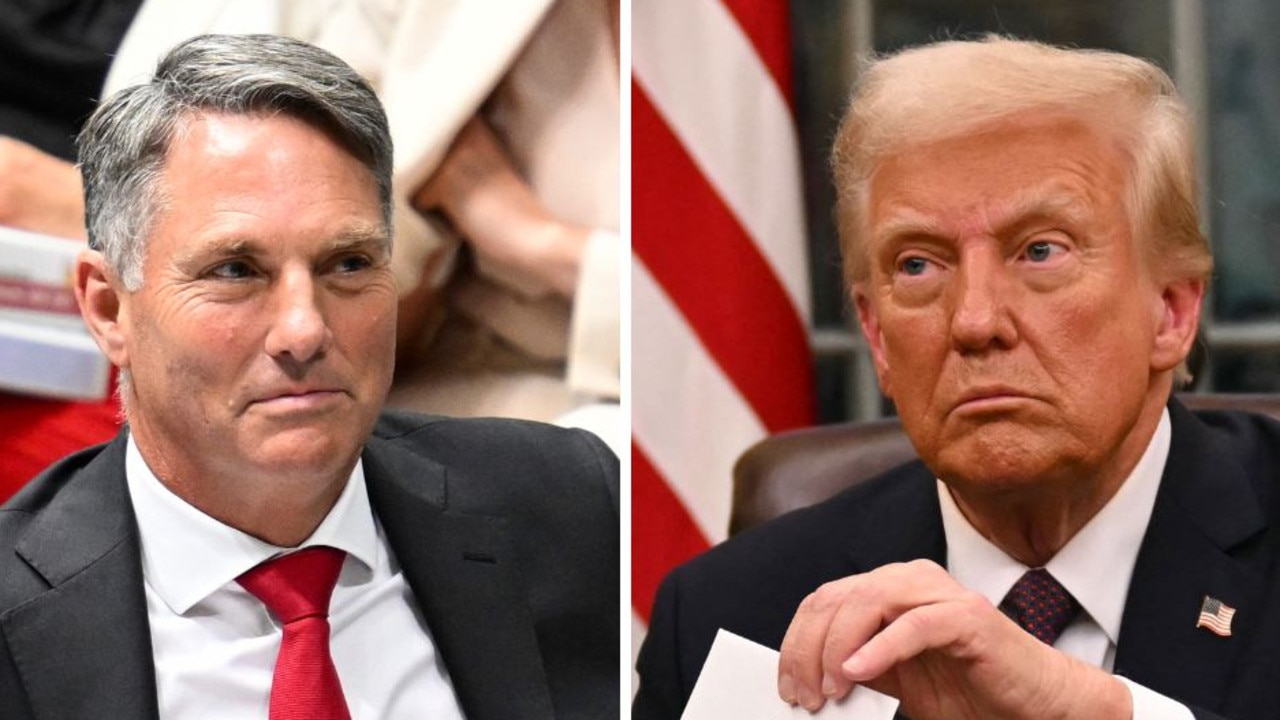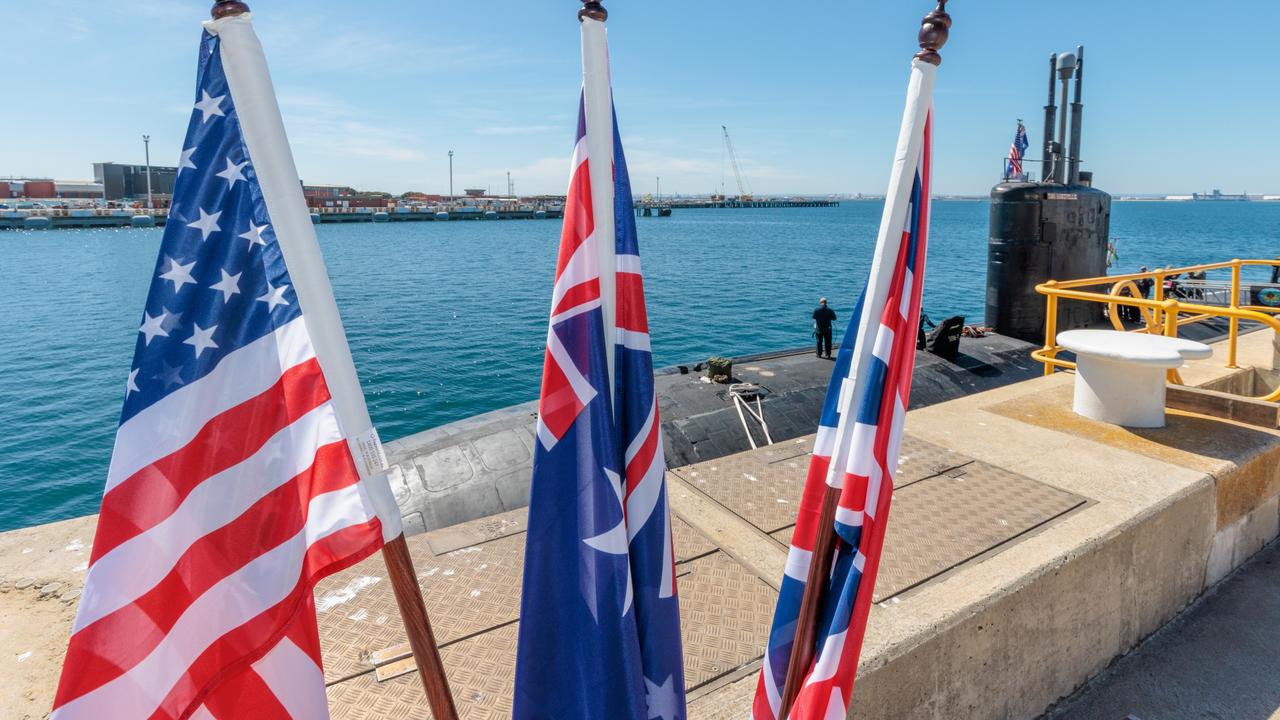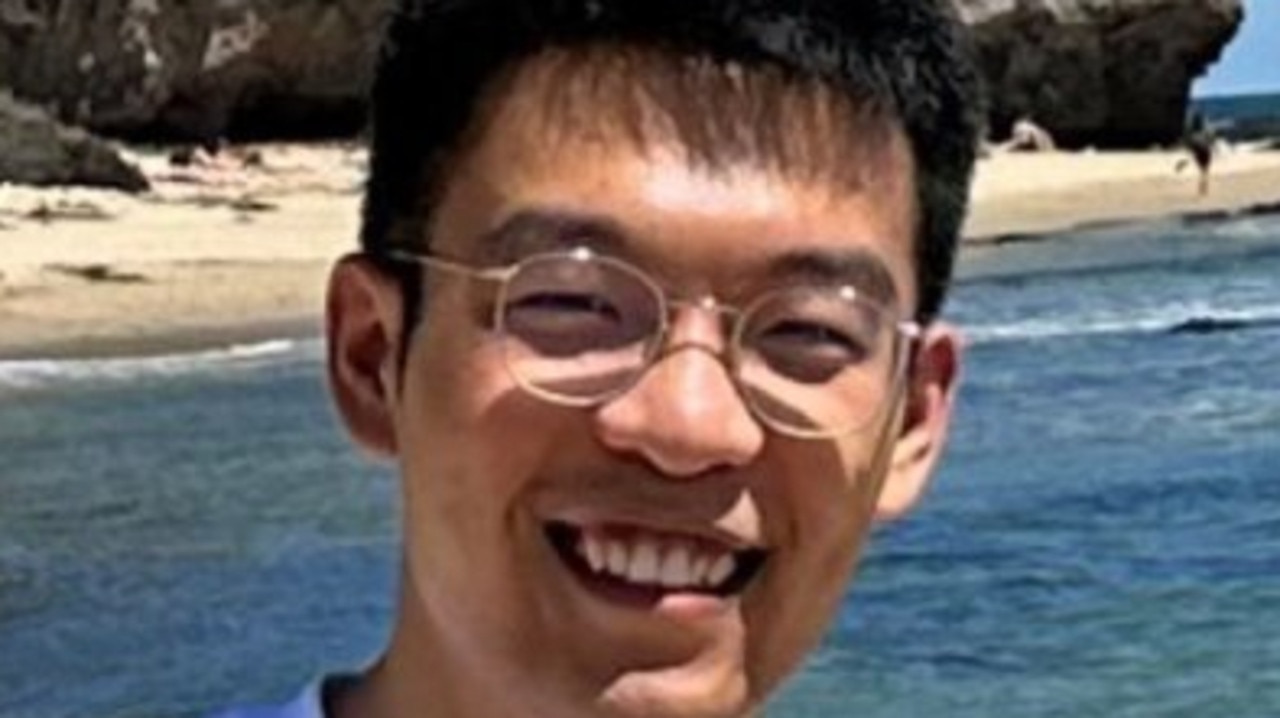The PM and state and territory leaders meet in Canberra today for Council of Australian Governments
MALCOLM Turnbull’s “big idea” to revolutionise Australia’s tax system, has been dashed by state and territory leaders, but he agreed to fund state hospitals.
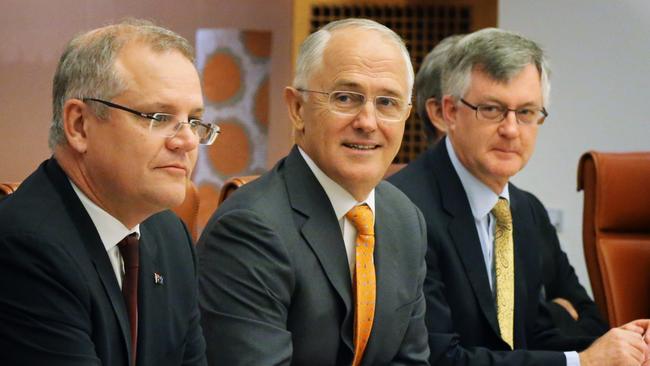
MALCOLM Turnbull’s “big idea” to revolutionise Australia’s tax system and fix Federation, has been dashed by state and territory leaders.
The Prime Minister’s plan to give state and territory governments a share of income tax received broad support from leaders during today’s Council of Australian Government meeting.
But allowing the states to set their own rates of tax has been ruled out.
At a joint-press conference after the meeting Mr Turnbull said a hospital funding deal has been reached, which would see an extra $2.9 billion of Federal funding poured into state and territory hospitals between 2017 and 2020.
“As part of this agreement all jurisdictions here agreed to take action to improve the quality of care in hospitals by reducing demand for hospital services through better coordinated care for people with chronic disease and reducing the number of avoidable hospital admissions,” he said.
“Distressingly for too many patients they’re re-admitted to hospitals as a result of complications arising from their original condition.”
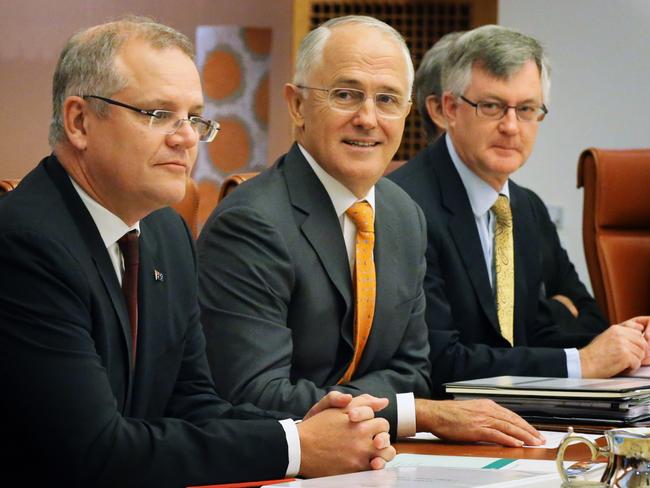
“The PM this week revealed a tax sharing plan he would take to the leaders at the meeting in Canberra today.”
Ahead of the meeting, just one leader, WA Premier Colin Barnett, had expressed full support for the proposal.
Under the plan, state and territory leaders would be given a share of personal income tax collections in return for taking a greater role in health and education funding.
“Now, turning to the reform of the Federation, we’ve agreed to undertake historic reforms to undertake the examination of what will be historic reforms in the way the Federation is administered and governed,” Mr Turnbull said.
“We’ll agree to consider income tax sharing within the current envelope and, in return, states will consider state tax reforms which would, in turn, support economic growth.
“There was not a consensus among the states and territories to support further consideration of the proposal that would enable states to levy income tax on their own behalf in circumstances where the Federal Government withdrew from a portion of its income tax collection.”
There was no deal on school funding, which leaves the states without any certainty of this type of funding until after the upcoming federal election.
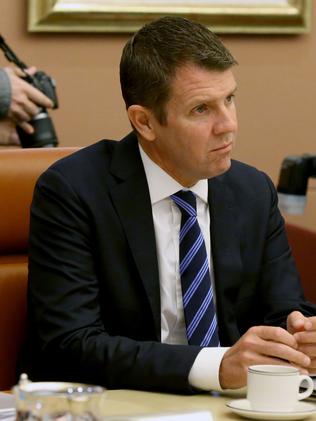
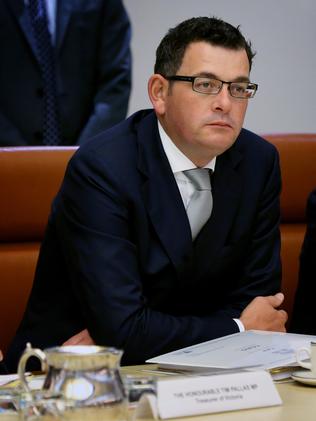
The Prime Minister said all governments had a serious structural budget problem.
“We have to be clear-eyed about our choices - how do we get improvements to our infrastructure and central public services when there are more demands on government but less revenue available to pay for it,” Mr Turnbull said.
NSW Premier Mike Baird said there was “no white flags raised” on tax reform.
“There’s some contributions that have been undertaken here today, but from a NSW point of view the fiscal gap is a reality,” he said.
“We can pretend it’s not here but it is there.
“If you look between 2020 and 2030, how we collectively deal with that is going to be a challenge and considering further options on tax reform is something we all will have to do.”
NT Chief Minister Adam Giles said he’d arrived at COAG “a little bit uncertain”.
“In regards to the income tax discussion, I think we can all agree that it would have been best if that is discussion came out in a different format, in a different way, and it has created some challenges to date,” he said.
“The underlying principles of that income tax discussion and the reform of the Federation as the Prime Minister just put it, is about giving states and territories more autonomy in freeing up bureaucracy and red tape from the Territory’s point of view, that’s a welcome opportunity.”
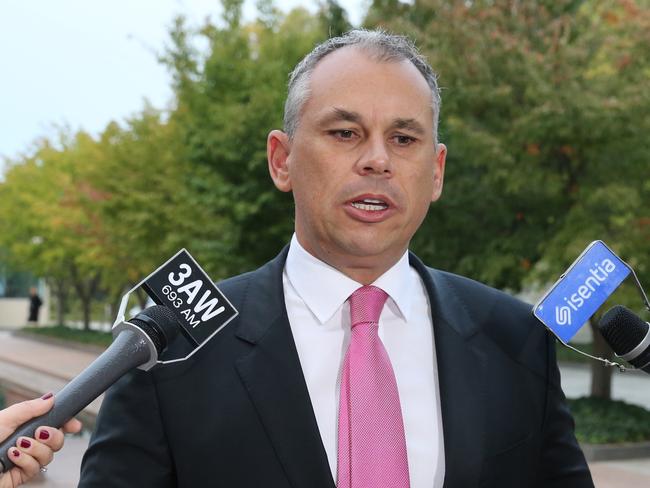
Victorian Premier Daniel Andrews said while the additional health funding was welcome, it did not replace the billions of dollars “taken away” from hospitals in the 2014-15 Budget.
“I’d just ask people to remain focused on the context here and whilst an agreement today is a positive, there’s no getting away from or getting around or politely explaining away the fact that many billions of dollars will not be flowing to hospitals in my state and hospitals right across the nation as a result of decisions made in the 2014 Budget,” he said.
“They are not reversed today, and that’s a really important point for us all to acknowledge, in a decent way but in a fundamentally honest way.”
Queensland Premier Annastacia Palaszczuk said she remained “very concerned” about the Prime Minister’s suggestion the Federal Government could stop funding public schools, saying splitting the private and public schools system would be: “detrimental to the nation.”
She described the additional hospital funding as a “good first step”.
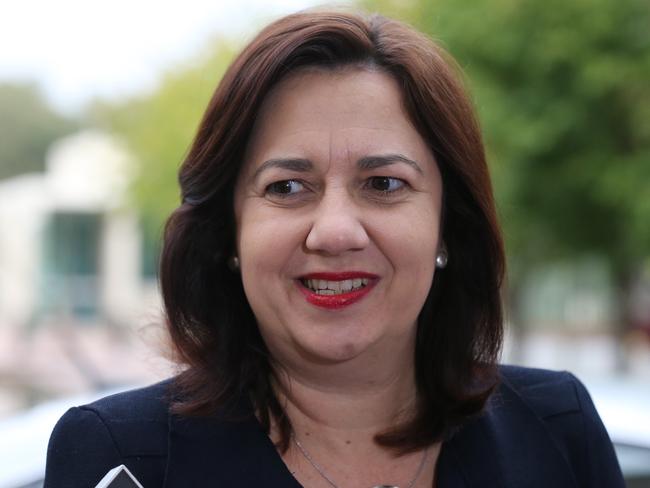
WA Premier Colin Barnett said the leaders must “look very seriously” in future about better defining responsibilities between the state and Federal governments.
“If you take the example that’s just been referred to, schools, 70 per cent of kids go to a government school and the state governments fund 85 (per cent) to 95 per cent of government schools,” he said.
“We basically already have that. We might as well clean that up.
“There’ll standard be national standards and curriculum. I hope we can have the discussion over the next couple of years and look at facts rather than look at what might be perceived problems.”
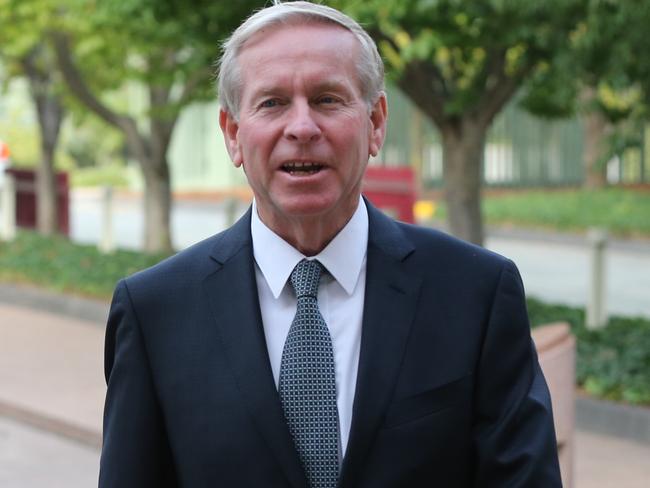
SA Premier Jay Weatherill described the meeting outcomes as positive, but said the states remained “at odds” with the Federal Government about hospital and education funding.
“There is a revenue problem in this nation,” he said.
These are needs, in particular in relation to hospitals.
“It is not a question of whether or not which level of government funds it.
“The reality is this expenditure is locked and loaded. These people are coming into our hospitals.
“The real question is who bears the burden of actually meeting that need.”
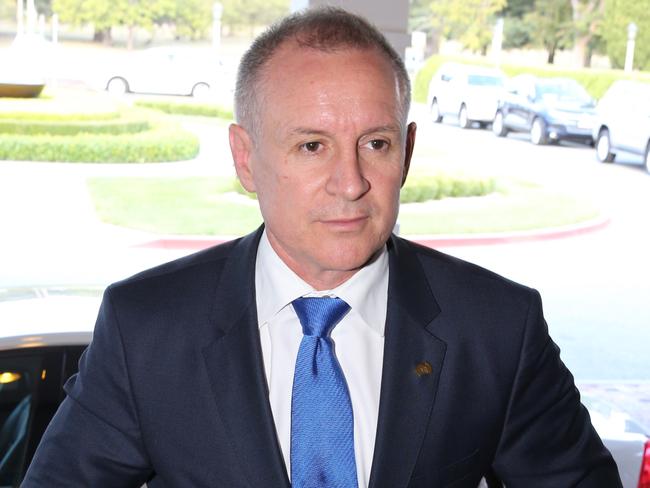
Tasmanian Premier Will Hodgman said he was pleased an agreement was reached not to allow states to levy their own income taxes, claiming it put his state at “greatest risk”.
“But notwithstanding that we were able to secure an agreement to explore an opportunity to better resource-share and to share that income tax base, a growth tax, one which will provide greater certainty for states, more autonomy and responsibility,” he said.
“It will reduce duplication and, I believe, deliver better outcomes for our taxpayers.”
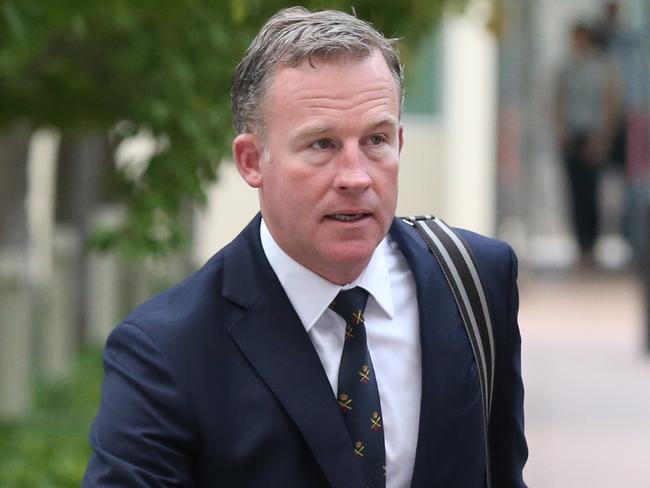
The Prime Minister said the leaders also discussed “the importance of ensuring greater representation of women in leadership positions” and that more needed to be done to stop domestic violence.
On counter-terrorism, Mr Turnbull said it was agreed draft legislation to introduce a “nationally consistent post-sentence preventative detention scheme with appropriate protections for high-risk terrorist offenders”.
“It is an unfortunate reality that some convicted terrorists may not be rehabilitated at the end of their sentence and will continue to pose a risk to the community,” Mr Turnbull said.
ACT Chief Minister Andrew Barr welcomed the in-principal agreement of the leaders to harmonise reportable conduct schemes for victims of child abuse.
“To be able to respond appropriately to allegations of abuse or neglect towards children, there’s shaken public service as a result of the Royal Commission,” he said.
Our institutions across the jurisdictions need to be able to respond.
“The inconsistencies that are there and the levels of oversight, it is certainly creating difficulties in identifying risks for children and young people.
“So we need a harmonised reportable conduct scheme. That my colleagues have agreed to that is a great advance to that.”
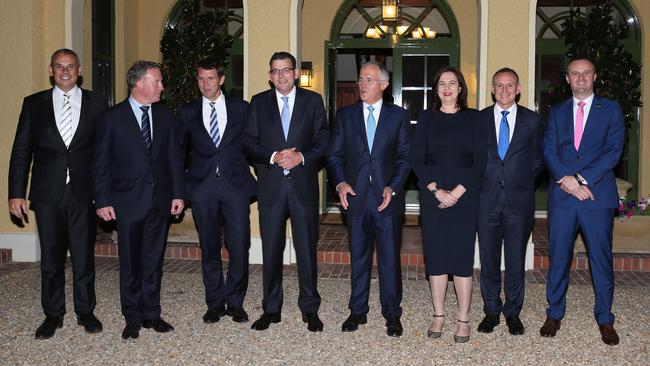
Asked about Labor’s Gonski funding reforms, Mr Turnbull said his government “wasn’t wedded” to the model.
“State governments and territory governments are not disposed to take on responsibility for raising a portion of income tax, and I respect them for their decision in that regard,” he said.
“But if we are not going to be raising taxes, then we have to work within our existing fiscal envelope and make sure that we get the best outcome by using that money in the most nimble and appropriate manner.”
Mr Turnbull last night hosted state and territory leaders for dinner at The Lodge ahead of today’s Council of Australian Government meeting at Parliament House.

